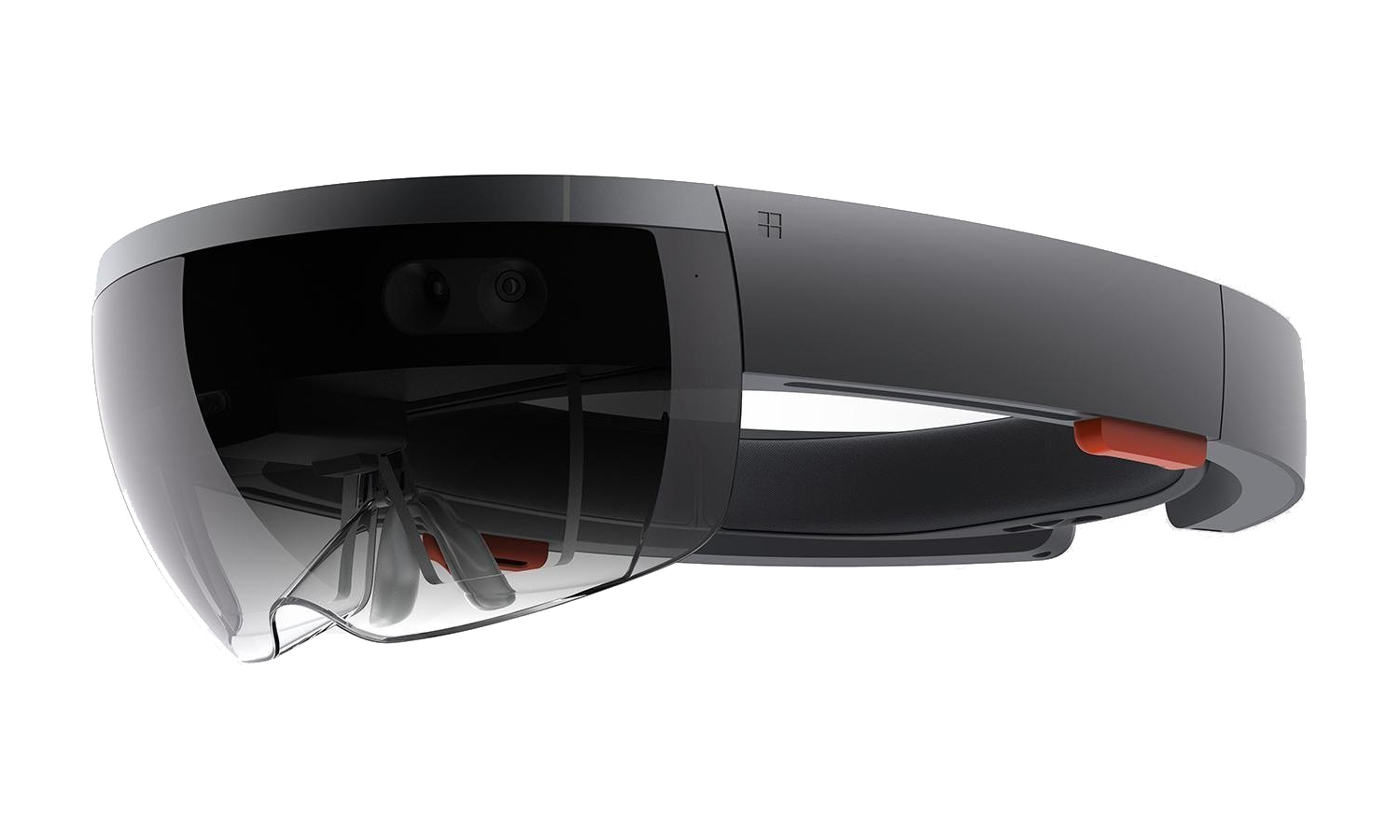Microsoft’s Next-Generation HoloLens Could Be Here In 2019
Get ready for a whole new HoloLens. Earlier this week, reports began to surface that Microsoft is gearing up to release the next generation of HoloLens mixed reality headset. Thurott.com first broke the news on June 12 that Microsoft would launch the next headset in Q1 2019. Thurott didn’t share the source, but Brad Sams, the author of the article, noted that the report is “based on documents [he] was able to view.”
Thurott also claimed the documents reveal the next device would be “lighter, more comfortable to wear, and have significantly improved holographic displays. Reportedly, Microsoft’s codename for the device is Sydney. We’ve not seen the documents that Sams saw, so we can’t say for certain, but Thurott isn't known for spreading falsities.
Thurott isn’t the only website talking about the next HoloLens headset, either. Following the news about the potential Q1 release, The Verge, citing “sources familiar with Microsoft’s plans,” reported that Microsoft would reveal the headset in the second half of this year. The Verge’s source also divulged that Microsoft’s prototype features an ARM-based processor for improved battery life. The Verge’s source didn’t name the chip in question, but if you read between the lines, it’s a clear hint that Microsoft turned to Qualcomm for the next-generation device.
Earlier today, Engadget, also citing a “source familiar with the matter,” reported that the HoloLens 2 headset would feature a Qualcomm Snapdragon XR1 SoC. When Qualcomm revealed that XR1, the company announced it was already working with Vive, Vuzix, and Meta to build next-generation devices. So it’s not hard to believe that Microsoft would jump onboard.
The Rumors Add Up
It’s important to understand that Microsoft has not substantiated the news about the next HoloLens device, so you should take these reports with a grain of salt. However, the release timing and the hardware choice both make a lot of sense.
We’ve known for a while now that Microsoft is working on a new HoloLens headset. In July 2017, the company revealed that the next HoloLens headset would feature a deep learning accelerator. And just last month, the company discussed a new Kinect sensor, which it said would be present in the next HoloLens headset.
Also, the talk about a Qualcomm SoC fits perfectly with the trends in the industry. Qualcomm is dominating the mobile XR space, with SoCs that power VR-ready smartphones, standalone VR headsets, and augmented reality glasses. It wouldn’t make a lot of sense for Microsoft to develop custom silicon when Qualcomm offers robust XR-dedicated hardware already.
Get Tom's Hardware's best news and in-depth reviews, straight to your inbox.
Moving to an ARM-based processor platform from Qualcomm would help Microsoft shrink the form factor of the HoloLens, which is undoubtedly a key design challenge for the next-generation device. The Qualcomm platform should also help keep the price of the device in a more palatable range. The current HoloLens sells for over $3000, which is out of reach for most people--and plenty of companies. We would guess that Microsoft wants to bring the price down to a more reasonable level. Perhaps even under $1000.
A Q1 2019 launch timeframe is also within reason. Microsoft launched the first HoloLens headset three years ago. Two years ago, it revealed the Windows Mixed Reality platform, designed to support VR and AR devices alike. Last year, Microsoft's VR devices started to hit the market, but aside from the dated HoloLens, the company doesn't yet offer anything to fulfill the AR half of the Windows MR promise. Now is the time for Microsoft to start making that move.
Kevin Carbotte is a contributing writer for Tom's Hardware who primarily covers VR and AR hardware. He has been writing for us for more than four years.
-
bit_user This is overdue. I feel like a lot of developers have been working on Hololens apps under the assumption that its successor would already be on the market, by now.Reply
The big question is whether it will feature another custom co-processor, or will they possibly do everything in the SoC, itself? -
destrospec9111 It's still a development product. FOV constraints, battery life, white paper feedback submissions.. etc.. All of this will get better and better over time. However, I think they are delaying progress at the moment due to security concerns and open development software licensing. Windows 10 and Intel don't have the best track records atm with business endpoints. Microsoft's purchase of GitHub does say quite a bit about programming framework acquisitions though.Reply -
bit_user Reply
You mean the next gen?21110356 said:It's still a development product.
What?21110356 said:white paper feedback submissions..
